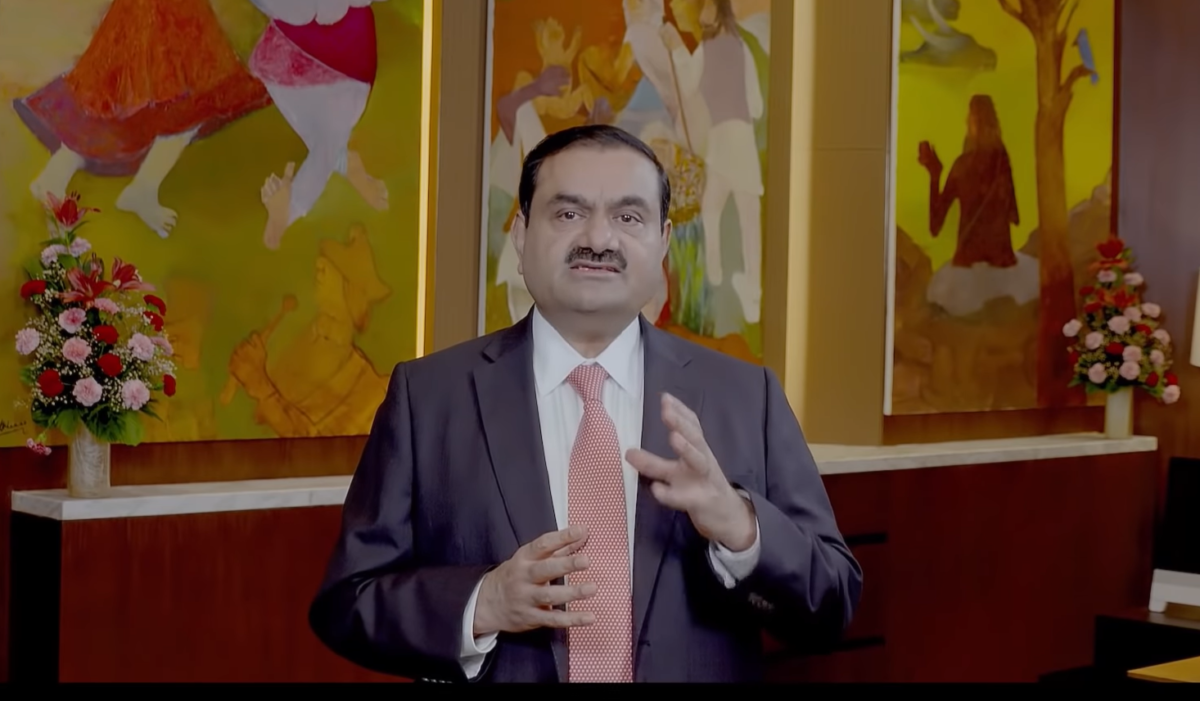Adani Green Energy Ltd (AGEL), an Adani Group company and the world’s largest solar power developer, aims to achieve 45 GW of renewable energy capacity by 2030, with the average tariff below the average power purchase cost (APPC) at the national level. The renewable energy developer has an operational renewable energy capacity of 5,410 MW (4,763 MW solar and 647 MW wind) as of September 30.
Further, AGEL will invest $20 billion in renewable energy development over the next decade and develop a 2 GW per year solar manufacturing capacity by FY 2022-23.
These announcements by AGEL fall under its Energy Compact Goals as part of COP26, primarily adhering to Sustainable Development Goal 7 (SDG 7).
Under SDG 7 goals to be achieved by 2030, the companies are to ensure universal access to affordable, reliable, and modern energy services and increase substantially the share of renewable energy in the global energy mix.
Adani Transmission Ltd (ATL), another arm of Adani Group, and India’s largest private sector power transmission and retail distribution company, too has centered its business strategy around the achievement of SDGs across all their activities, with SDG 7 as the cornerstone.
ATL aims to increase the share of renewable power procurement from the current 3% to 30% by FY 2023 and to 70% by FY 2030 through its utility subsidiary in Mumbai and reduce its carbon intensity on per unit of revenue basis to support SDG 13 for Climate Change Mitigation.
ATL is the country’s largest private transmission company with a cumulative transmission network of around 18,300 ckm, out of which 13,700 ckm is operational and 4,600 ckm at various stages of construction. ATL also operates a distribution business serving about 3 million+ customers in Mumbai.
This content is protected by copyright and may not be reused. If you want to cooperate with us and would like to reuse some of our content, please contact: editors@pv-magazine.com.









Would you like to let me know all about Kusum yojna.